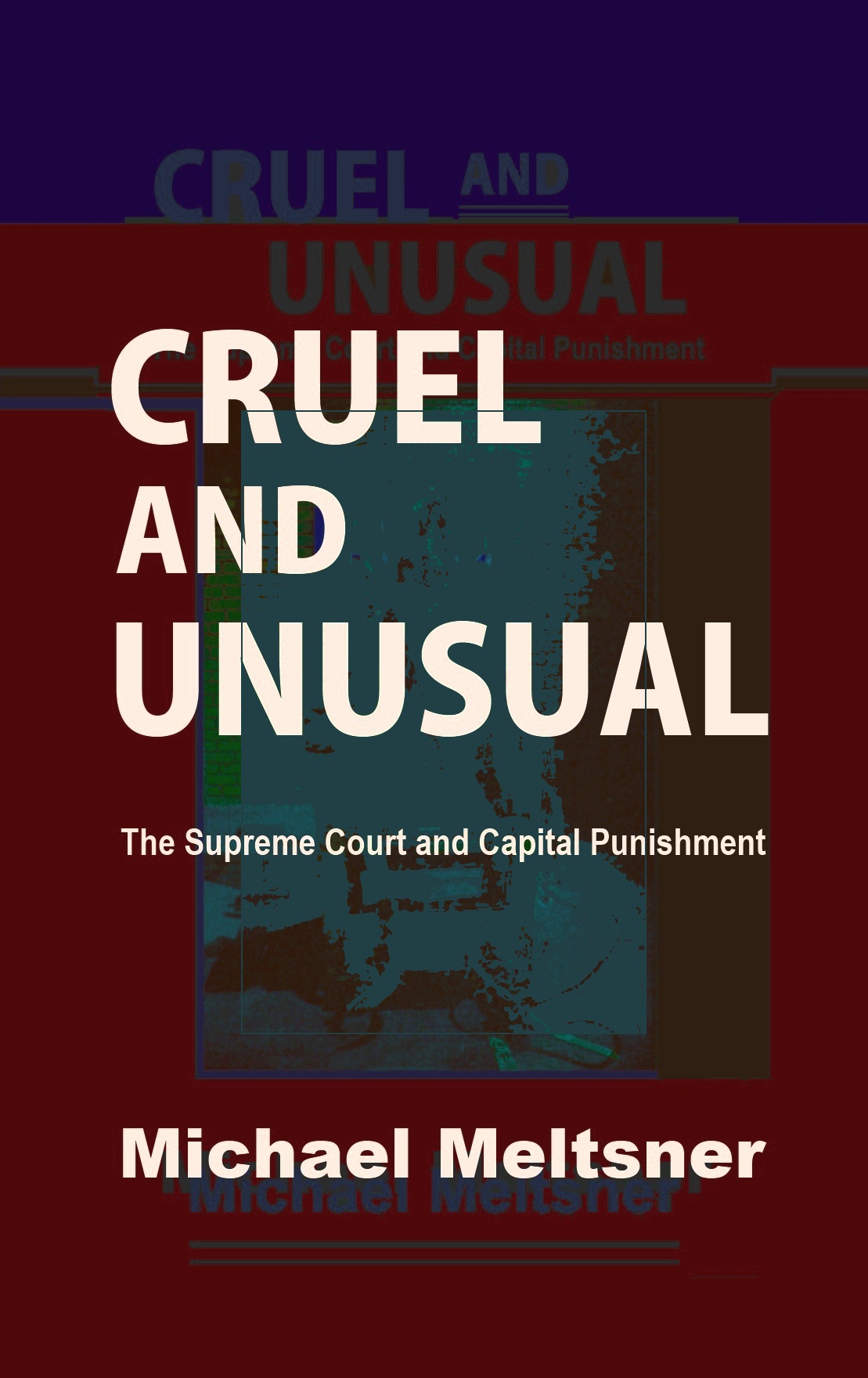The death penalty, also known as capital punishment, is a legal sentence in which a person is put to death by the state as punishment for a crime. The death penalty has a long history, dating back to ancient civilizations, and has been practiced in various forms in countries around the world. In the United States, the death penalty is legal in some states and has been a controversial issue for many years.
One of the main arguments against the death penalty is that it is cruel and unusual punishment, which is prohibited by the Eighth Amendment to the United States Constitution. The concept of cruelty refers to the suffering that is inflicted on the person being punished, while the concept of unusualness refers to the rarity or uniqueness of the punishment.
Opponents of the death penalty argue that it is inherently cruel because it involves intentionally causing the death of a person, regardless of the circumstances of the crime. They also point out that the process of execution, whether by lethal injection, electrocution, or some other method, can be painful and traumatic for the person being executed and for witnesses. In addition, there is a risk of executing an innocent person, as there have been cases where people have been sentenced to death and later found to be innocent through DNA evidence or other means.
Another argument against the death penalty is that it is an unusual punishment in the sense that it is not widely practiced around the world. Many countries have abolished the death penalty, and it is only used in a small number of countries. In the United States, the death penalty is also used disproportionately, with certain racial and ethnic groups being more likely to be sentenced to death. This has led to accusations of discrimination and bias in the criminal justice system.
On the other hand, proponents of the death penalty argue that it serves as a deterrent to crime and is necessary for public safety. They argue that the death penalty is a just punishment for the most heinous crimes, such as murder or terrorism, and that it provides closure and justice for the victims and their families.
In conclusion, the death penalty is a controversial and complex issue that raises many moral and ethical questions. While it may serve as a deterrent and provide a sense of justice for some, many people believe that it is cruel and unusual punishment that should be abolished. The decision of whether or not to use the death penalty should ultimately be based on careful consideration of all the relevant factors and a commitment to fairness, justice, and human dignity.







